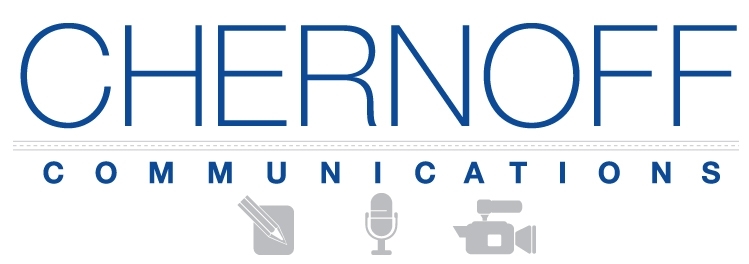Fear of public speaking, worries about appearing on television, and anxiety about being interviewed are all related. These concerns emanate from our own minds, from the negative messages we tell ourselves: “I’m going to mess up.” “I’ll embarrass myself.” “I’m going to forget what I need to say.” “I’ve got to be perfect.”
These are very common concerns. In fact, a Gallup Poll found 40 percent of American adults fear public speaking. The condition is so common that it’s even classified as a social anxiety disorder called glossophobia,” a word derived from the Greek terms “glossa”—tongue—and “phobos”— fear. (However, it’s not true that most people would rather die than give a speech, or, as Jerry Seinfeld puts it, “They’d rather be in the casket than giving the eulogy.”)
Surely the level of anxiety is lower among successful business executives. But plenty of them still get nervous when sitting down with a journalist for an on-camera interview. Even high-level executives who command respect when speaking to their employees are subject to self-doubt when they meet a tough reporter.
There are two essential steps to overcoming that anxiety. First, prepare for the interview. That means doing your homework, crafting clear and memorable messages, and practicing their delivery. All of that can be done with an experienced media trainer who’s been on the other side of the camera.
The second step is what you tell yourself. Good preparation allows you to challenge and replace those negative thoughts with positives. Instead of “I’m going to mess up,” it can become, “I know my messages and I will deliver them clearly and confidently.” Rather than “I’ll embarrass myself,” your internal message can become, “I know I can do this. I’ve practiced.” Instead of “I must be perfect,” reduce the pressure by thinking, “I’m going to do a good job.” And rather than “This is going to be an awful experience,” tell yourself, “I’m going to enjoy this.”
Sure, talk is cheap, especially inside your head. But these positive messages flow from proper preparation. When you are prepared, positive thoughts make all the difference: they can eliminate self-doubt. By reminding yourself that you are an expert in your field who is well prepared you are able to focus on your messages, fully engage in a conversation with the journalist, and actually enjoy the experience of being interviewed.
After each interview, review your performance in a positive light. See how your preparation and focus paid off. With each interview your confidence will build. Before long, you’ll lose any anxiety associated with media opportunities and look forward to the chance to share your story with journalists.
